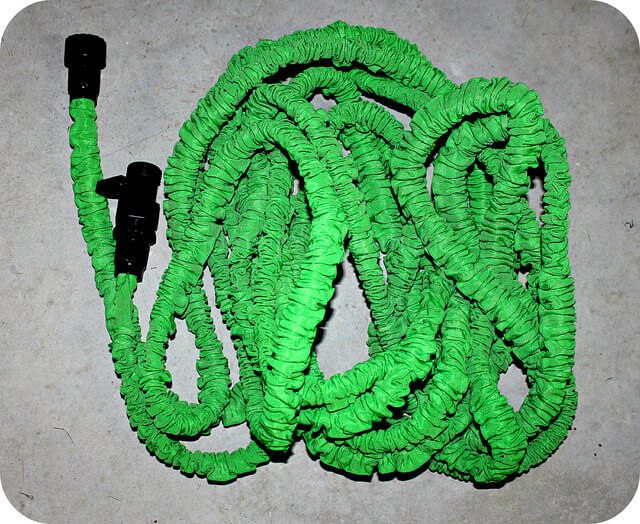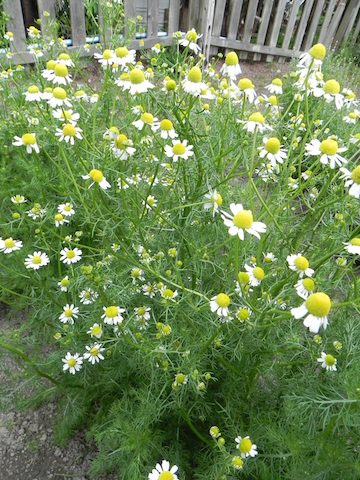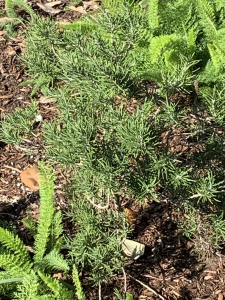5 Things You Need To Know About Watering Your Herb Garden
Do you love fresh herbs? Of course, you do.
Herbs find their own place in almost every recipe you try. Whether it is a sweet dish or a savory, just toss a few leaves of herbs to add a rich aroma and make your dish tastier. And to get fresh herbs, you do not need to ransack the supermarket. You can easily grow them indoors or maybe in the kitchen backyard. All you need is a well-drained soil with a layer of gravel and loose well-composted soil from the top.
After planting, watering your herb garden is the next step. Herbs do not demand too much water, in fact overwatering is one cause that herbs fail to thrive in the garden. They do need to stay hydrated, however.
How will you water your herb garden? What are the things that you need to keep in mind while watering your herb garden?
Top 5 Things You Need To Know Before Watering Your Herb Garden
Like other garden plants, indoors or out, herbs need care. Whether you’re growing herbs indoors or outdoors, proper watering is essential.
1. Though most herbs are drought tolerant, but a newly planted herb demands regular watering
There are many varieties of herbs, some of which are drought-tolerant like rosemary. However, that does not mean you can ignore watering when it’s first planted. A newly planted herb needs water frequently at least for the first month… longer if planted during very hot weather. This helps to get the roots established. After it is rooted, it needs little watering other than rainfall.
2. Ground that holds too much water can kill your herb
If you are planting an herb then carefully water in the first month. It is sure to grow stout in those few days. However, watering does not mean drowning your herb. As herbs are highly sensitive to drainage, it does not like to grow in a soil that does not drain well. It can succumb to root rot if you leave it in wet soil. Make sure you plant your herbs in a well-drained soil.
3. Water the herbs when the soil is dry/drought
The best time to water your herb garden is when you feel the soil is dry an inch below the surface. Herbs like to be well watered and then allowed to dry out a bit before the next watering. Water in the morning or in the early part of the day when there is much sunlight to dry the excess water. It is best not water your herb garden at night.
4. You need to use proper tools like hose to water your herb garden

Source: https://www.flickr.com/photos/76588981@N02/17005552825
A good hose is a gardener’s friend. Collapsible hoses are lighter to drag around and take us less space when not in use. If you are growing the herb in a container, then they will be thirstier than the plants growing in the ground. Those growing in porous pot or terracotta will be even thirstier. Remember, the smaller the pot of your herb plant, thirstier it will be.
5. Try to use mulch in your garden
If you are growing an herb garden in your backyard mulching helps the soil retain moisture. A mulch is nothing but a bed prepared with decaying leaves, bark, compost often spread around or over a plant to enrich and finally insulate the soil. It will help to keep your herb garden retain moisture. It also helps to suppress weeds and keep the roots of the plants cool.
Herb growing is so rewarding. With a little care and knowledge you’ll be growing many of the herbs you use everyday. Remember: good drainage, whether in a container or in the ground and do not over-water. Enjoy.


